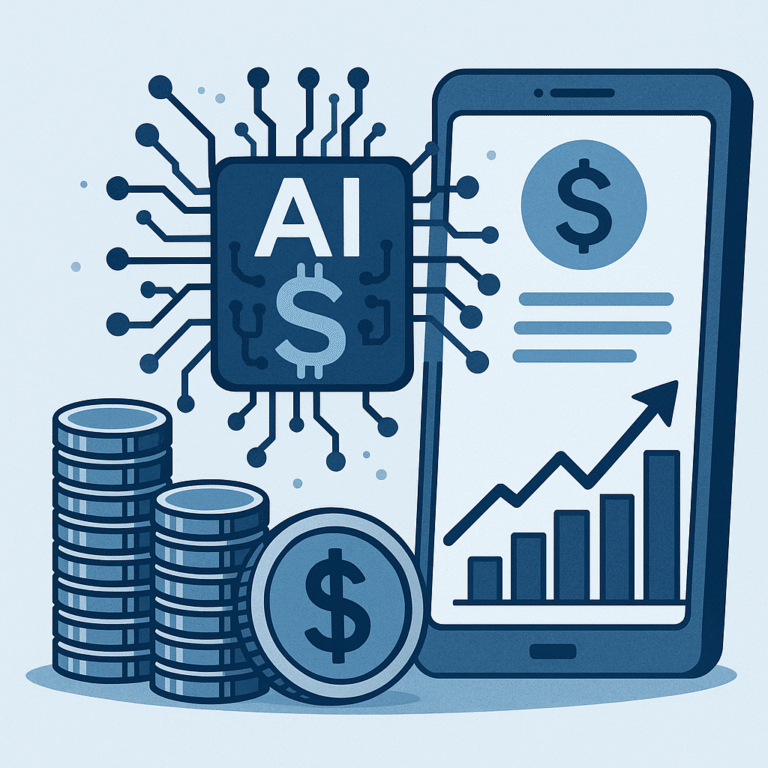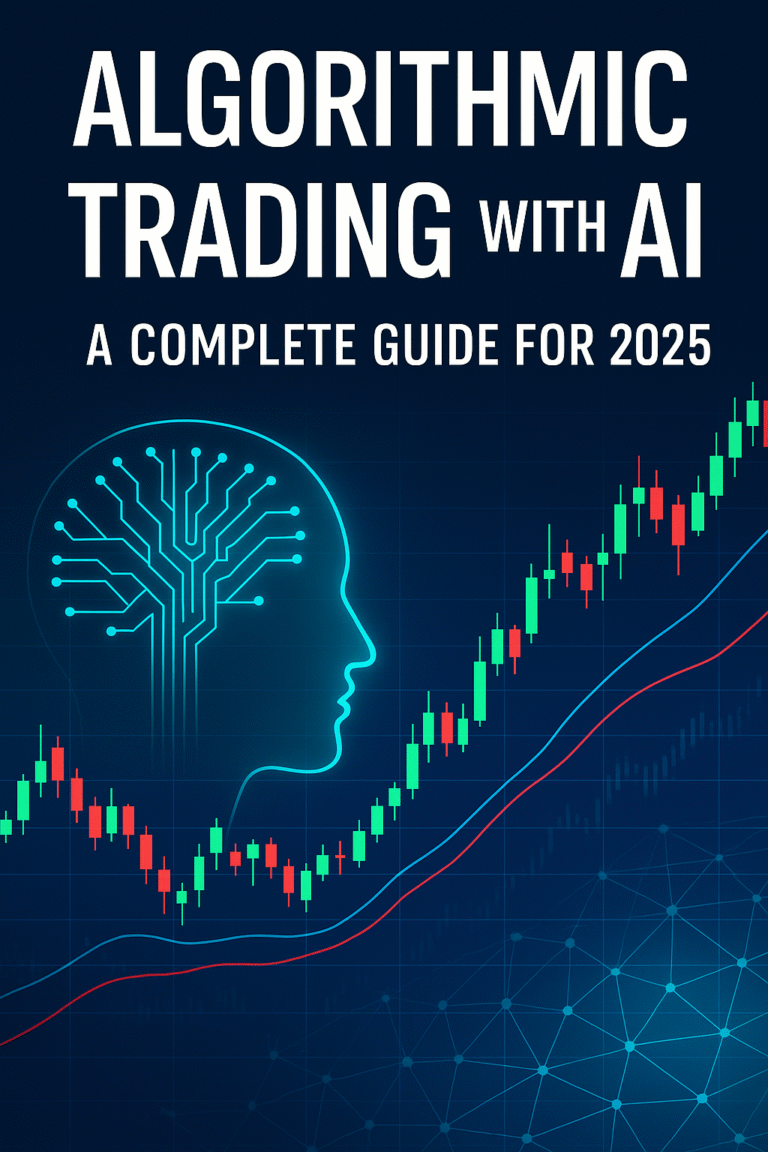Can AI Really Predict the Stock Market? Here’s the Truth
Artificial Intelligence (AI) has transformed many industries, and the stock market is no exception. Today, hedge funds, retail investors, and even trading apps use AI-powered tools to analyze market trends, detect patterns, and make predictions. But the big question remains: Should you trust AI to guide your investments?

🔍 How AI Predicts Stock Market Trends
AI doesn’t magically know the future—it learns from massive amounts of financial data. Here’s how it works:
- Historical Data Analysis
- AI studies years of stock price movements, trading volumes, and market patterns.
- It looks for recurring signals that often precede price changes.
- Sentiment Analysis
- By scanning news articles, social media posts, and earnings reports, AI gauges market sentiment.
- For example, a surge in positive tweets about a company can influence short-term price moves.
- Technical Indicators
- AI uses indicators like moving averages, RSI, and MACD but combines them with deep learning to spot subtle patterns humans might miss.
- Macroeconomic Data
- It factors in interest rates, inflation reports, and global events that can shake markets.
- Predictive Models
- Machine learning models forecast possible price movements, offering probabilities rather than certainties.
✅ The Advantages of AI in Stock Predictions
- Speed & Scale – AI can process millions of data points in seconds.
- Emotion-Free Decisions – Unlike humans, AI doesn’t panic or get greedy.
- Hidden Pattern Detection – Finds signals that traditional analysis may overlook.
- 24/7 Monitoring – AI tools never sleep, tracking global markets round-the-clock.
⚠️ The Limitations of AI
Before you put blind faith in AI, it’s important to understand the risks:
- Data Dependency – Predictions are only as good as the data. If input data is biased or incomplete, results suffer.
- Black Box Problem – Many AI models are hard to interpret; even developers can’t always explain why a prediction was made.
- Market Unpredictability – Sudden events (e.g., political turmoil, natural disasters, pandemics) can break even the best models.
- Herd Mentality Risk – If too many investors rely on AI signals, markets can become more volatile.
🤔 Should You Trust AI Predictions?
AI is a powerful tool, but not a crystal ball. The best approach is to:
- Use AI insights as one input among others, not your sole decision-maker.
- Combine AI predictions with fundamental research and risk management strategies.
- Be aware of short-term vs. long-term goals—AI can help with patterns, but investing is also about patience and discipline.
📌 Final Takeaway
AI can make you a smarter investor by processing data at a scale humans never could. But trusting it blindly is risky. Think of AI as a financial co-pilot—helpful, fast, and insightful, but not infallible.
At the end of the day, successful investing still requires human judgment, discipline, and a healthy dose of skepticism.
❓ Frequently Asked Questions (FAQ)
1. Can AI really predict the stock market?
AI can analyze large amounts of data and identify patterns, but it cannot guarantee 100% accurate predictions. Stock markets are influenced by unpredictable events that no algorithm can foresee.
2. Is AI more reliable than human traders?
AI removes emotions and processes data faster, but human judgment is still important. The best results usually come from combining AI insights with human decision-making.
3. What are the risks of relying on AI for investing?
Risks include over-reliance on data-driven models, lack of transparency in AI algorithms, and vulnerability to sudden, unpredictable market events.
4. How do hedge funds use AI?
Hedge funds use AI for algorithmic trading, risk management, and sentiment analysis. Many high-frequency trading strategies today are powered by AI.
5. Can retail investors use AI tools for trading?
Yes. Many apps and platforms now provide AI-powered insights, portfolio management, and trend analysis for everyday investors.
6. Should I trust AI stock predictions for long-term investments?
AI is better suited for identifying short-term patterns. For long-term wealth building, fundamental research, diversification, and patience are still key.




2 Comments